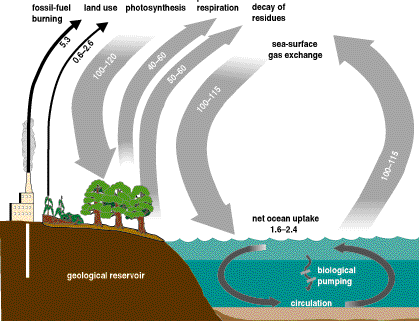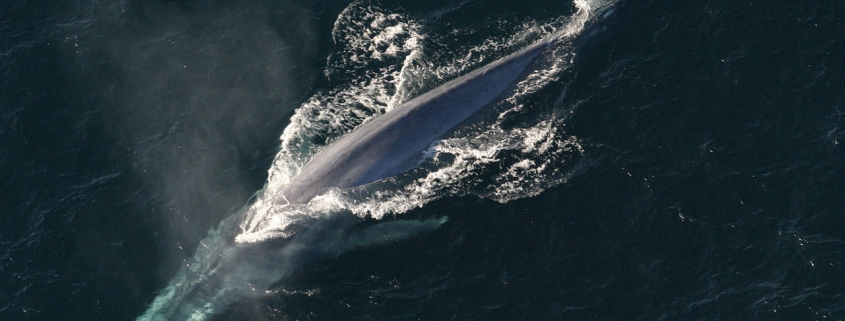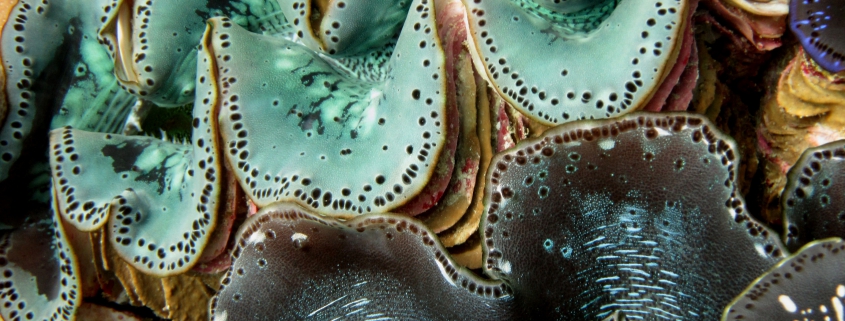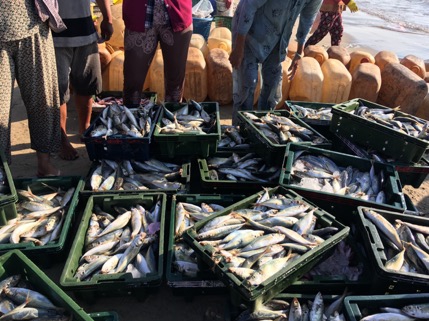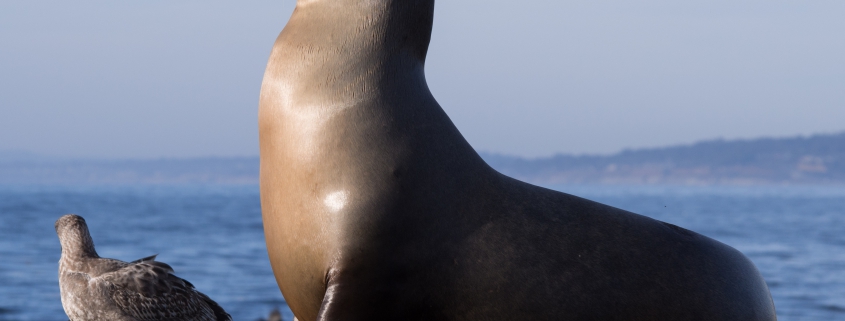Don’t Treat Your Marine Sediments Like Dirt
By Sander Elliot, SRC intern Marine sediments are home to a surprisingly diverse ecosystem of global importance. Subseafloor Life and its Biogeological Impacts (D’Hondt et al., 2019) overviews this ecosystem and roles it plays. Marine sediments are often overlooked because they are removed from our daily lives. If one takes the time to look into […]
Pacific Heat Wave Reduces Nutritional Value of Pacific Sand Lance
By Olivia Schuitema, SRC intern A marine heat wave known as “The Blob,” lasted from October 2013 to June 2016 in the North Pacific Ocean (von Biela, 2019). Heat waves can have detrimental impacts with both immediate and lasting effects on the marine environment. These warm patches can produce bottom-up disruptions in energy transfer (von […]
Foraging energetics and prey density requirements of western North Atlantic blue whales in the Estuary and Gulf of St. Lawrence, Canada
By Nicholas Martinez, SRC intern Pelagic predators throughout the world’s oceans face the same challenge: foraging for food in an environment where much of their prey are available in clusters, centralized around specific areas of the ocean. For this reason, many pelagic predators have unique ways to find these limited resources, all the while adjusting […]
Preventing ecosystems from feeling clammy: what monitoring giant clam populations can tell us about human perseverance
By Maria Geoly, SRC Intern Every aspect of our lives depends on the health of our natural resources. Clean water, nutrient rich soil, and access to timber are often considered humanity’s three most essential natural resources because they provide the four essential needs of living things: oxygen, water, food, and shelter. Often overlooked, however, is […]
Mapping the global network of fisheries science collaboration
By Julia Saltzman, SRC intern Collaboration is something which we all learn about as children. We are taught to work together in teams, to share our toys, and that ideas are better when many individuals contribute to them. As science has become increasingly internationalized, scholars investigating the shifting spatial structure have posed questions to whether […]
Climate variability and life history impact stress, thyroid, and immune markers in California sea lions (Zalophus californianus) during El Niño conditions
By Isabelle Geller, SRC intern There are many situations which may increase the level of stress in an animal – for example, not being able to eat enough food to meet energy demands or being in temperatures above or below a tolerable range they can. DeRango et al. (2019) aimed to study both of these […]

